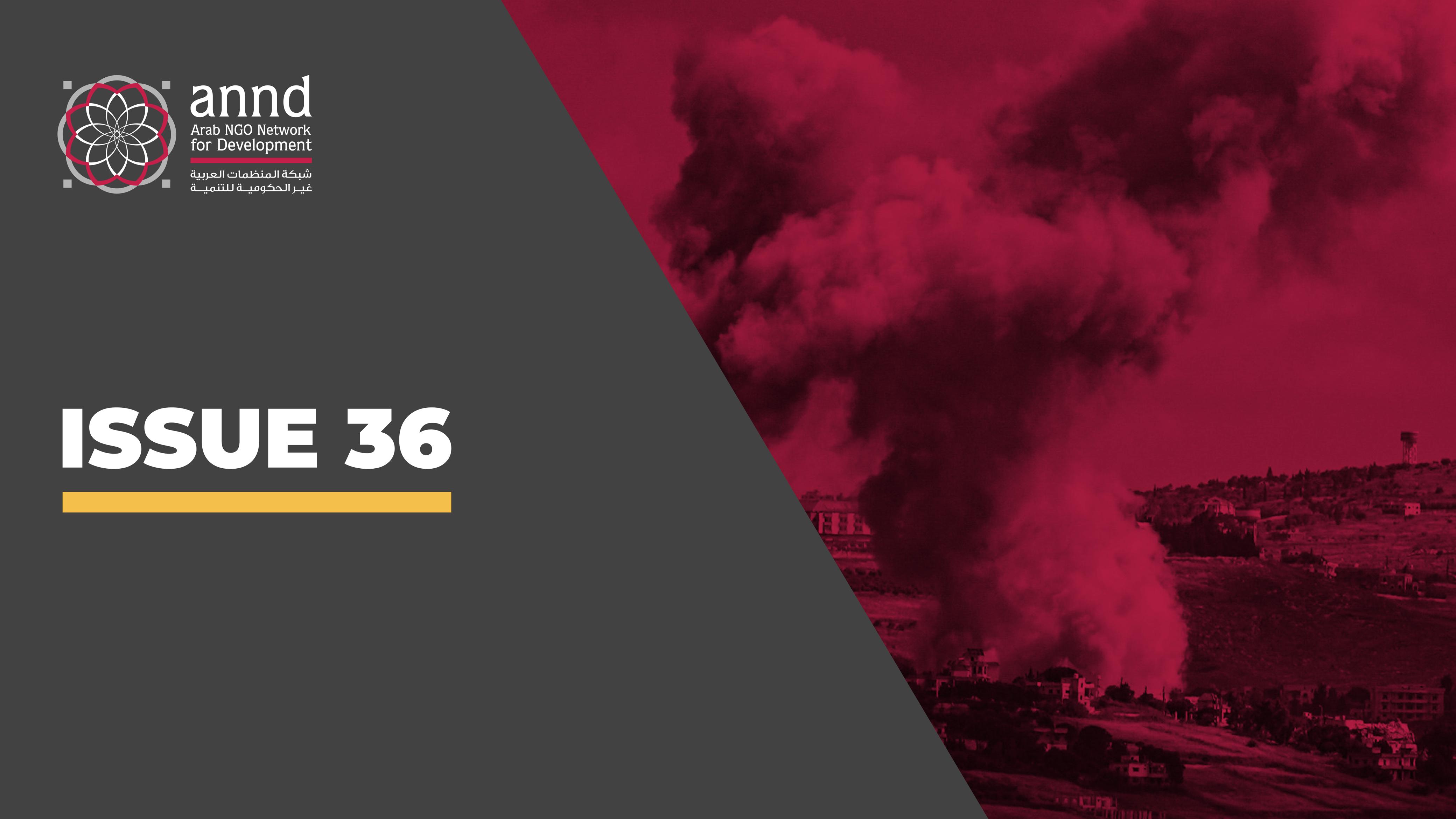| The Ministry of Public Health published a detailed list of aid received from Lebanese communities abroad to support the healthcare sector, totaling 23,376 tons. This aid includes medication for chronic and acute conditions, medical supplies, and vaccines, which were shipped free by Middle East Airlines, Qatar Airways, and Turkish Airlines.
Aid has also continued to arrive from the UAE, Turkey, Saudi Arabia, and France. However, Mayor Asaad Zgheib of Zahle reported that shelters in Zahle can no longer accommodate additional displaced people, with over 5,000 already housed there.
Currently, 1,132 certified shelters have been established, with 945 now at full capacity. The total number of registered displaced people in certified shelters has reached 188,298 (43,802 families), with the highest numbers in Mount Lebanon and Beirut. The true number of displaced is estimated to be significantly higher.
More than 10,000 people fled Baalbek since Thursday night following threats from the Israeli army, relocating to shelters in Deir Al-Ahmar, Arsal, Al-Fakiha, and the northern and Beqaa governorates.
UNICEF reported that since October 4, at least one child has been killed daily, with 10 others injured each day. Thousands of other children, though surviving, are suffering severe respiratory issues due to escalating violence and chaos.
Between September 23 and October 30, Lebanon’s General Security registered the crossing of 359,805 Syrian nationals and 175,215 Lebanese citizens into Syria.
Lebanon has set up 239 primary health centers to assist the displaced, operating 245 mobile clinics and teams, visiting 734 shelters, providing medical exams for 97,784 displaced persons, distributing medicines to 69,326 individuals, supporting 1,647 hospital cases, and delivering 13,781 packages of infant formula.
| 


